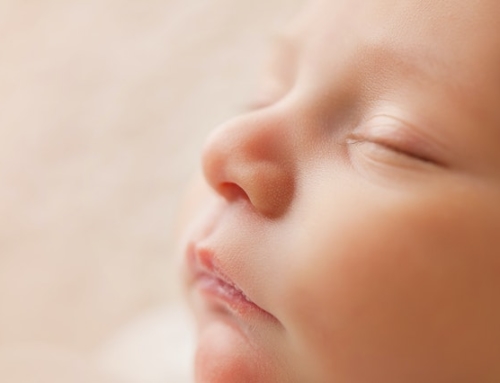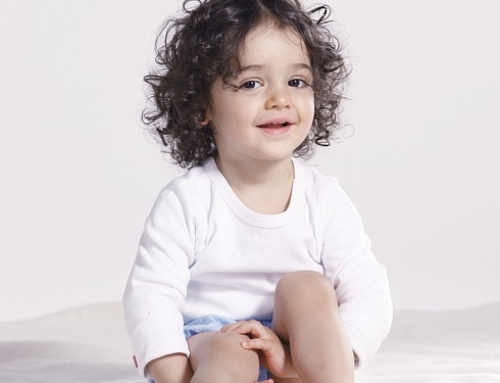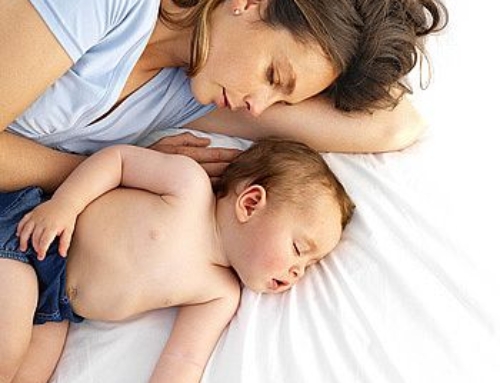I can’t tell you how often I’ve heard it said that sleeping, or falling asleep, is a “skill” that we need to teach our children. I’m sure you’ve heard it too. Well-meaning parents everywhere get worried because they know their “job” as parents is to teach their children the skills they need to do well. Imagine how scary it can be if you are failing at this very important job of yours? In fact, countless sleep trainers, medical professionals, and others are happy to tell you that you are setting yourself up for a life of horror if you don’t do this; and yes, they will judge you as a bad parent for it too.
Here’s the secret though: Sleeping is NOT a skill.
It’s really not.
Sleeping is a biological function, the same as eating, breathing, procreating, and so on. It is something we are born doing and we can do it without much thought. You don’t actively teach your newborn to sleep – they do it on their own and for many hours of the day.
Sleep happens when various physiological and psychological elements are in line. For example, you need to have the right levels of melatonin and cortisol for extended sleep and your sleep pressure must be high enough. These things come together in a perfect storm to enable our modern version of an 8-hour night (note that throughout most of history, humans slept in two phases with a longer waking in between, something known as biphasic sleep). Importantly though, it’s rare for someone to actually sleep all night without arousals. Sometimes we get up for a glass of water or to go the bathroom, sometimes we just arouse briefly and fall back asleep. If you’ve ever had a tracking device to monitor your sleep, you may have shocked at how frequently your body was actually out of the sleep stage.
But of course, parents aren’t worried about the one pee in the middle of the night or the need for water (or they shouldn’t be if they are). Most parents are worried about more frequent wakings or difficulties falling asleep. There are two main considerations here and neither of them has to do with treating sleep as a skill to be taught.
The first consideration is that the sleep of babies and toddlers and young children is qualitatively different from adult sleep. They have shorter sleep cycles, they spend more time in lighter sleep, and they have a more historical sleep rhythm which inclines them towards biphasic sleep. These things add together to mean that our younger ones wake more frequently and after shorter periods and may even have longer awake periods during the night. These can be completely, 100% normal.
The second consideration is that we actually can do things that hurt or help our ability to sleep and so of course it’s important to know about healthy sleep hygiene and, specifically, healthy sleep hygiene across development (yes, it’s different). Our modern world is filled with things that impact sleep. For example, our housing has lots of artificial light which is known to suppress melatonin production (especially in younger children where the effect is huge), we have central heating that keeps temperatures steady all day even though the drop in temperature as the day progresses is what helps our body know it’s time to produce melatonin, and we have so much stimuli around us that it can be hard to psychologically wind-down.
None of these things are skills, but rather factors that we absolutely should be aware of when we’re talking about sleep because they can improve the overall quality of everyone’s sleep. But regardless, they do not mean you need to teach your child anything to do with sleep, just provide them with the right environment and let biology do the rest.






Thank you so much for this post! As with every other post, it reminds us to go back to the basics. As a side note, i recently read a collection of essays by Janusz Korczak, a pioneer of children’s rights, in which he mentioned that if a child was waking up frequently during the night, it was because he was either too warm or too cold. He was a real visionnary.
[…] Not everyone believes that falling asleep independently is a skill, pointing out that it normally happens developmentally with or without teaching and that, unlike, say, crawling, it can be something that comes and goes (a child might self-settle at nursery but not at home, or for a few months and then stop). But if it is a skill, then it’s most effective to work within that zone, not pushing a child past their edge, Siegel says. […]
[…] longer each person believes that falling asleep independently is a skill, bringing up that it usually happens developmentally […]
[…] okay.' 'Okay, now you're a month older, and now you can'," he says.Not everyone believes that falling asleep independently is a skill, pointing out that it normally happens developmentally […]
Hi! Premie mom here, eating is a skill that premature babies have to learn. Some babies born term have to learn how to do it too. The suck, swallow, breathe reflex develops at 34 – 36 weeks gestation, that doesn’t mean that eating is always an innate behavior. Anyone who’s had a NICU baby can tell you that the hardest thing is getting your kiddo to eat. It’s super stressful. I love everything else you wrote, I just needed to point this out for those that have had similar experiences.